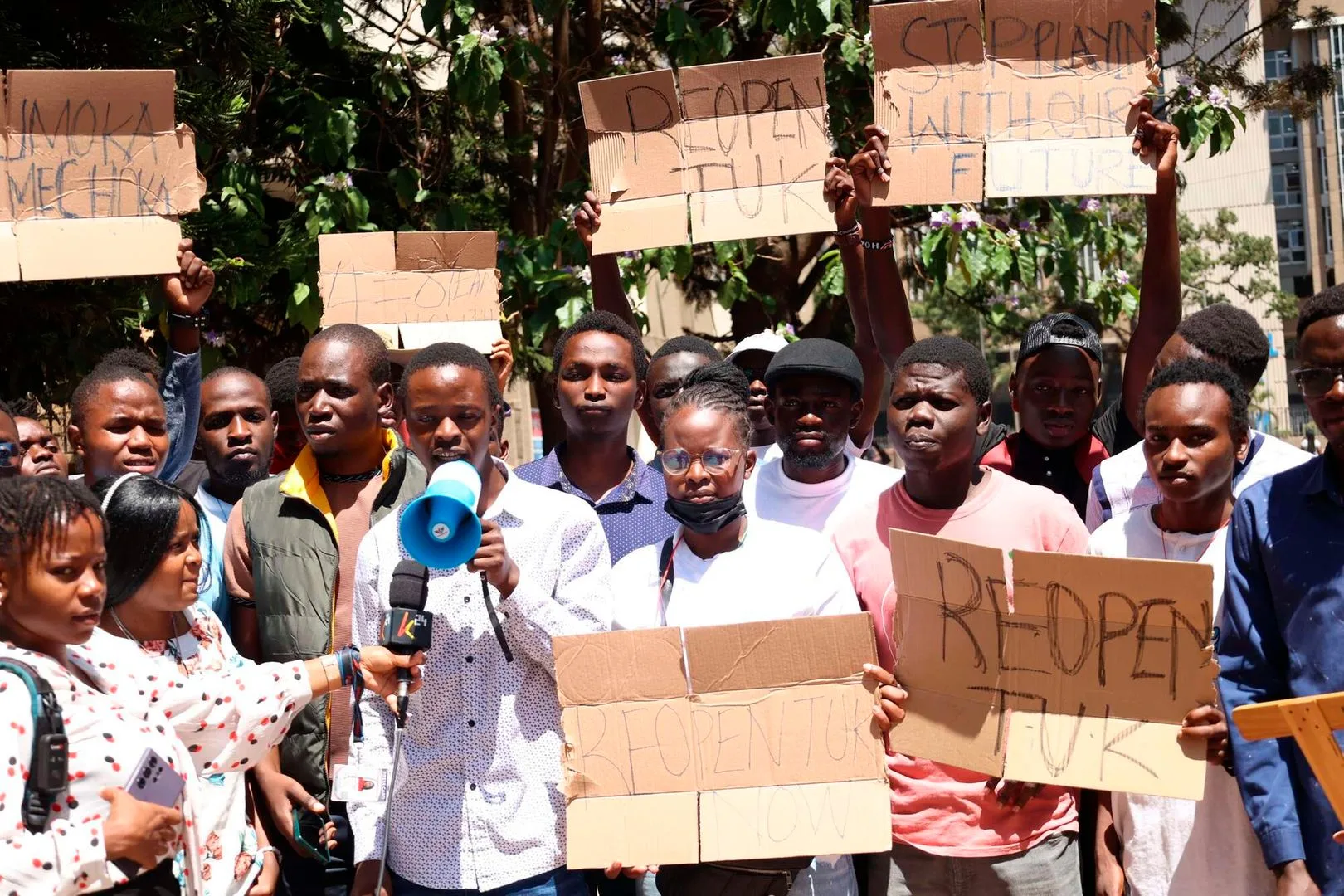School Principals Blame Funding Delays, Partial Disbursements for Poor KCSE Performance.
Secondary school principals have attributed the poor performance in national examinations to government inefficiencies, particularly delays and partial disbursements of funds.
They argue that the lack of sufficient financial support has resulted in a decline in the quality of education, leading to poor results in the Kenya Certificate of Secondary Education (KCSE) examinations.
Data from the Kenya Secondary School Heads Association (KESHA) indicates a fluctuating but overall increasing trend in the number of students scoring an E grade. The figures show that in 2020, 28,046 students scored an E, which increased to 46,151 in 2021.
Although the number reduced to 30,822 in 2022, it surged again to 48,174 in 2023 and slightly rose to 48,333 in 2024.
The heads of schools have drawn a direct correlation between the dwindling capitation funds and declining performance. They highlight that funding to schools has been decreasing over the years, resulting in an accumulated debt of Sh54,220,185,855 since 2019.
A third of this deficit is from 2024 alone, creating significant financial burdens that affect learning institutions.
A report signed by KESHA chairperson Willy Kuria underscores that the lack of adequate resources in schools has played a major role in the rising number of students attaining the lowest grade in KCSE.
The report points out that between 2022 and 2025, there has been a sharp 72 percent increase in the number of E grades, signaling a worrying trend linked to underfunding.
Teacher Retention and Student Support Challenges
The association also highlights that financial shortages have led to challenges in retaining teachers employed by boards of management.
Many experienced teachers are leaving schools due to inadequate compensation and resources, further impacting the quality of education. The inability to retain skilled teachers has widened performance gaps, as students lack consistent and high-quality instruction.
Budget limitations have also negatively impacted essential student support services. The report notes that counseling services and emotional well-being programs have been significantly reduced, leaving students without crucial psychological support.
Schools have been unable to implement learning support programs that cater to students in need of professional counseling and mental health interventions, which has contributed to declining performance.
KESHA further highlights that financial disparities have exacerbated educational inequality, particularly in day secondary schools, which rely entirely on capitation funds.
Limited budgets have forced schools to scale back on support services, reducing students’ ability to access necessary academic and emotional support.
This has led to an increase in the achievement gap, disadvantaging students from financially struggling schools.
Additionally, financial constraints have hindered schools from engaging parents and communities in the education process.
Many parents avoid participation in school activities out of fear that they will be asked to contribute funds, creating a disconnect between schools and families.
The financial crisis has also limited the range of subjects offered, reducing students’ career options as schools opt for conservative curriculum choices due to funding limitations.
Call for Government Intervention
KESHA has urged the government to prioritize adequate funding for schools to ensure they have the resources necessary to provide quality education.
The report warns that if immediate intervention is not undertaken, the gaps in educational performance will continue to widen, further entrenching inequality in the system.
Read Also: KNEC Directs Schools to Complete Grade 6 Registration for KPSEA by February 28
The association emphasizes that limited funding has led to resource shortages, making it difficult for schools to maintain essential facilities and provide necessary teaching and learning materials.
The financial constraints are now seen as a major contributor to the declining quality of education and the persistent rise in low grades in national examinations.
School Principals Blame Funding Delays, Partial Disbursements for Poor KCSE Performance.



Discussion about this post